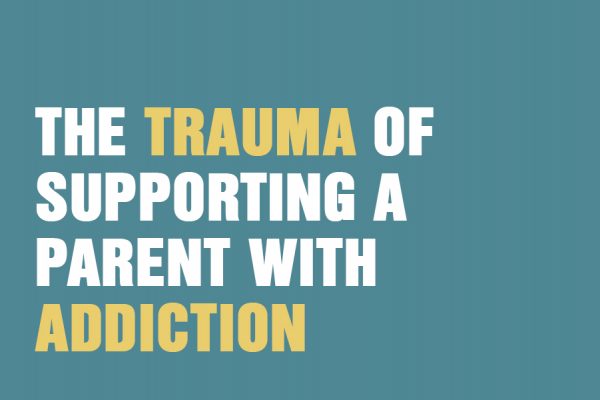The mental health of children and teenagers is in the spotlight more than ever before. In recent weeks we have heard some concerning stories in the media about children and young adults:
- The self-esteem of girls and young women is becoming dependent on the number of likes their selfies receive on social media. They sometimes spend hours perfecting their selfies, and some end up with body image issues.
- Depression, self-harm and eating disorders are on the increase in private schools, particularly over exam pressures and the anxieties that social media creates.
- Children who believe they may be suffering from depression or other mental health problems have been turning to the internet for advice, rather than seeking out help from a real-life person.
It’s estimated that 850,000 children in the UK have a mental health problem, though many symptoms go by unnoticed and often ‘slip through the net’ because adults don’t know how to spot the signs – and yet half of most mental health problems will surface before the age of 14. Initiatives such as MindEd have been set up to offer resources and information for the mental health of children and young adults. The government is doing its bit by investing £1.25bn in children’s mental health over the next five years, which includes more counselling in schools.
Some of the signs that a child may have mental health problems, such as depression or anxiety, include:
- Not sleeping well, or waking up early.
- Being picky about their food, or refusing to eat.
- Becoming withdrawn and not wanting to see their friends.
- Crying over minor things.
- Sudden behavioural changes, such as angry outbursts.
- Obsessing over their homework, and putting in far more hours than they need to.
- Worrying about things that might never happen.
- Having frequent bad dreams.
Here’s how parents can support the mental health of children and teenagers:
Pay attention: The busyness of our lives – with work, school, homework, sports events, social occasions – can leave little time to stop and think and reflect how you’re feeling as a family, and how individuals are functioning within it. Take some time to be present with your children and teenagers and check in with them if you notice something different.
Be consistent: For a child to feel loved, secure and safe there needs to be consistent presence and behaviour from the parental figure. If you promise to do something, then do it. Not being consistent can leave a child wondering what they’ve done, and feeling insecure, and this can impact on their self-esteem.
Distraction: This isn’t the same as avoidance, but having fun or unusual distractions can entertain your child and give them some freedom from their darker thoughts or sadder moments.
Allow expression: Anyone who has seen the movie Inside Out will know the role of sadness in accessing feelings. Yet sadness often isn’t allowed in families because it’s better to feel positive, or because parents may not know what to do with tears. Let your children name what’s going on for them, or help them in naming it. Let your child cry it out, say what they say, feel what they feel, think what they think. Too often emotions get censored in households, and bottled up feelings can lead to problems later down the line. Allow time to sound off, and then the problem may not feel quite so large after all.
Keep an eye on social media: Monitor usage, where possible, and instil times of day when social interaction happens without an electronic device. Have a conversation about relationships and how your child/teen feels – and have a frank talk about the ‘glossiness’ of social media that they may never be able to live up to. Social and peer pressure is particularly rife in the teenage years. Encourage your teenagers to develop their own opinions that don’t always depend on the number of likes they get on their photos.
Write down your worries: If your child or teen is anxious about something, get them to write it down specifically and put it in a jar. For young children, they could draw what they’re worried about. The jar can hold the worry for the time being. At the end of the week, you can go back to the jar and take out the worries, choosing to rip them up or stamp on them or whatever the child needs to do to take the worrying thought away.
Child and adolescent therapy: Your child or teen may want to speak to someone in confidence about how they’re feeling, perhaps because it’s harder to open up to someone they know. Trained professionals in the field of child and adolescent therapy can work with your son or daughter in ways that are age appropriate and helpful. So, for young children this may involve drawing or free play. For teenagers this may involve identifying coping strategies for social situations and for developing relationships.
Family therapy: Counselling that involves the whole family can be beneficial to all, especially where anxiety is concerned. Studies show that parental anxiety can be passed on to their children, but family therapy can help parents model healthier behaviours and reduce the risk of their kids developing anxiety too.
To book an appointment in confidence with one of our child, adolescent or family therapists, call 020 8673 4545 or email [email protected].







